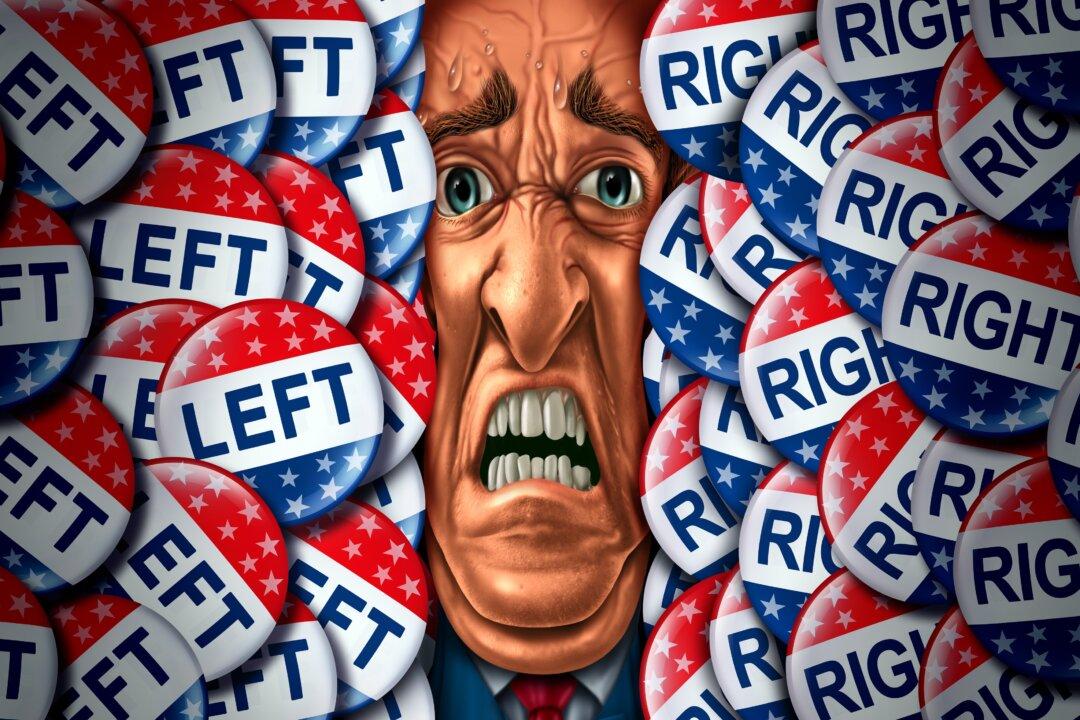Commentary
Undoubtedly, you have been hearing ad nauseam that Americans across the ideological spectrum are tense and fearful about Tuesday’s presidential election. The reasons are incredibly simple.


Undoubtedly, you have been hearing ad nauseam that Americans across the ideological spectrum are tense and fearful about Tuesday’s presidential election. The reasons are incredibly simple.